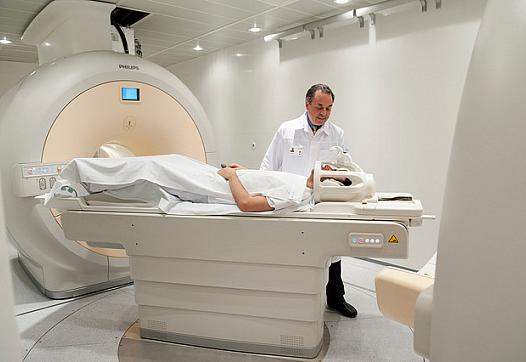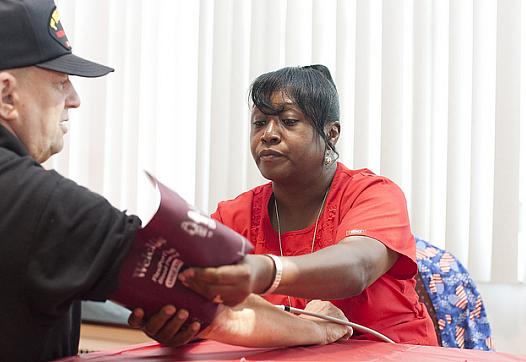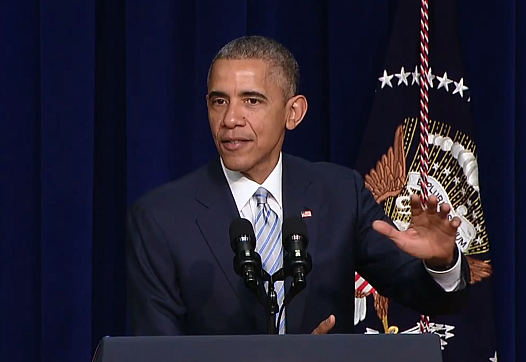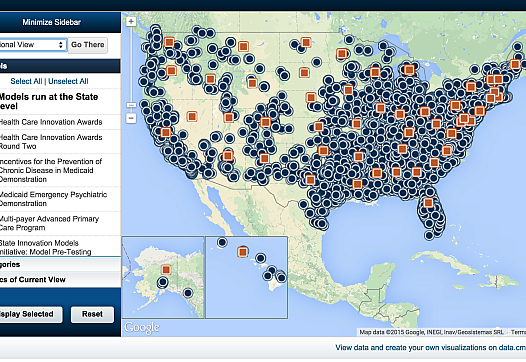
ProPublica senior reporter Charles Ornstein took to Twitter this week to challenge Dallas Mavericks owner Mark Cuban after he suggested that people get quarterly blood work, if they can afford it. It's not smart medically, Ornstein argued.

ProPublica senior reporter Charles Ornstein took to Twitter this week to challenge Dallas Mavericks owner Mark Cuban after he suggested that people get quarterly blood work, if they can afford it. It's not smart medically, Ornstein argued.

Dan Markingson suffered from schizophrenia and killed himself in May 2004 while taking part in a clinical trial for an antipsychotic drug made by AstraZeneca. The evolving case continues to highlight problems of research oversight at the university and state levels.

New research from Berkeley economist Ben Handle finds that one company's health care spending dropped 17 percent after switching to high-deductible plans. The research gives new insight into how people's health care habits change when the incentives shift.

High blood pressure kills more people every year than smoking, obesity, and alcohol. And, according to a new study by CDC researchers, it’s getting worse. The study relied on an essential source of public health information all reporters should know about.
_0.jpg?itok=11eAUOo-)
Radio reporter Veronica Zaragovia of KUT in Austin focused her reporting series on the rollout of the ACA in Texas, especially some of its unanticipated effects. Here she reflects on a few of the lessons she learned along the way.

When reporter S.E. Ruckman set out to tell the story of how the ACA rollout was faring among Native American communities, she found little help and few resources. But she pushed forward, and found value in persistence and serendipitous connections.

Are you making good use of hospital and nursing home inspection records in your reporting? If not, a few key database resources can help get you started. A review of several years can show patterns of medication errors, nursing lapses, or may highlight a horrific case.

As the media takes stock of the ACA on its five-year anniversary this week, the White House on Wednesday announced a new network of more than 2,800 health care leaders tasked with leading the nation towards a more efficient, less costly model of paying for care.

The old system of paying for health care may be broken, but is the future finally knocking on the door? And if so, what kinds of health care innovations will lead us forward to the promised land of lower costs and quality care? Our recent webinar took up these questions and more.

The “free the data” movement has been rippling through local, state and federal agencies in recent years. California has published 55 datasets since its soft launch last August, but continues with its health data rollout.